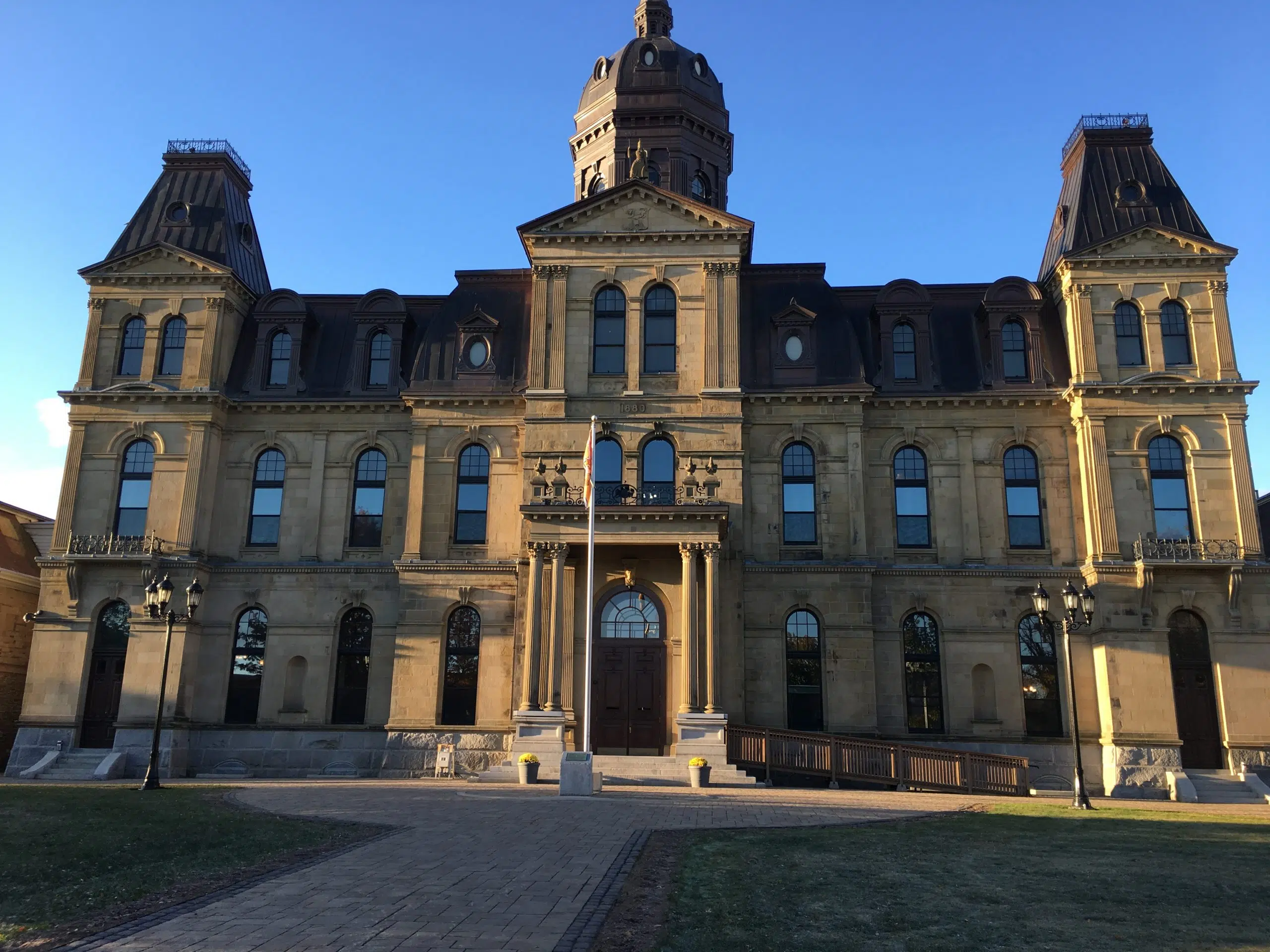
The New Brunswick legislature in Fredericton. (Image: Brad Perry)
A proposal by Premier Blaine Higgs to postpone an election call by up to two years is “pretty clever” on his part, according to a political science professor.
The leaders are expected to meet this week to discuss the deal, which would prevent a snap election from taking place during the COVID-19 pandemic.
Tom Bateman, a professor at St. Thomas University in Fredericton, said an agreement among the parties would ensure government stability through the pandemic.
“This would be similar to a formal coalition arrangement. The difference is it’s not just the governing party and one or two others to cobble together a majority, but it’s an agreement involving everybody,” said Bateman during a phone interview.
Bateman said he thinks the arrangement has to do with the situation caused by COVID-19 but also comports with the premier’s “not terribly partisan” instincts.
“He really is sort of an administrator-type who wants to make sure things get done and he doesn’t appear to be really, really charged up by partisan kind of angles and so forth. This agreement, I think partly comes out of that kind of character he has,” said Bateman.
New Brunswick has a track record of cross-party cooperation on COVID-19 and Bateman said he thinks Higgs wants to build on that.
In exchange for a commitment to keeping the government in place, the opposition parties would have a say on government policy.
“[Higgs] is doing something pretty unusual in Canadian politics which is to give the opposition parties influence over the formation of public policy,” said he said.
“If they don’t play ball and an election takes place, then he can simply say to New Brunswickers ‘hey listen, it’s not because of me we’re having an election, it’s not because of me we’re spending another 13 million bucks on an election, it’s because the opposition parties want to be obstreperous. I think it’s pretty clever on his part.”
Bateman said the success of reaching an agreement depends on what policies the opposition will want the government to agree to.
If a snap election were to take place in New Brunswick, Bateman said he thinks the results would be close and the outcome would likely come down to a small number of ridings.
“I don’t expect the ridings in the Acadian/francophone part of the province to flip in any important direction. We just have maybe a couple of ridings here and there that may be in play. I think the opposition parties’ demeanour over the past couple of months suggests that they don’t perceive they’ve got a ton to gain if they pull the plug on this government,” he said.
New Brunswick, like many other provinces, has fixed election dates, which means the next scheduled election is not until October of 2022.
Bateman said that legislation was put in place to prevent governing parties from calling an election for narrowly partisan purposes.
“Mr. Higgs’ job in this time, when we’re talking about elections, is to persuade New Brunswickers that he will violate the spirit of the fixed election date legislation for reasons other than partisan advantage. We’ll just have to see how persuasive he is on that front.”






